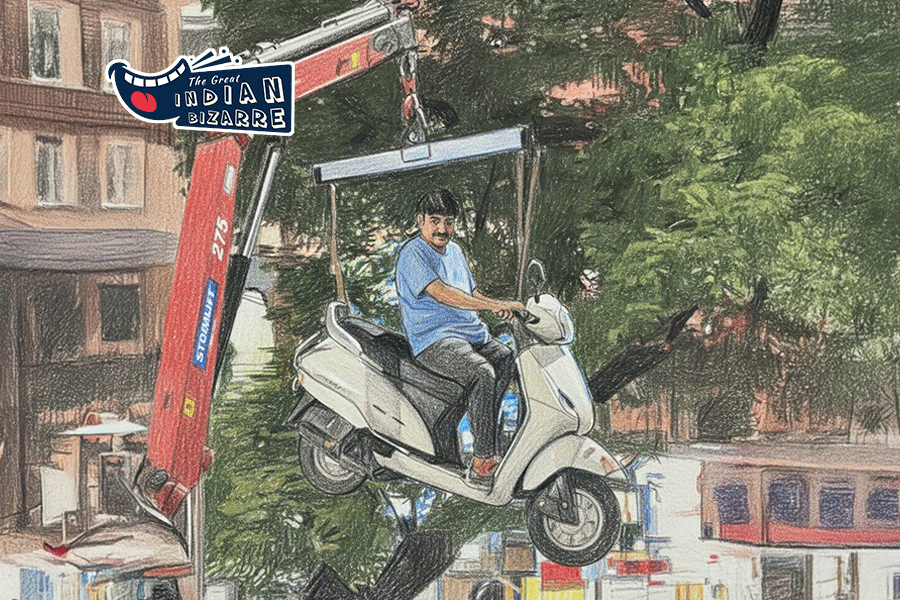On the rough road called life
 |
Body Offering (Rupa, Rs 395) by Makarand R. Paranjape talks about the insecurities and challenges in the life of Sunayana, an editor, and her middle-aged lover, Ashok. The former is the ‘unconventional’ intellectual who cannot fit into mould of the “ideal-doll like wife”. She is attracted to the workaholic surgeon who cannot let go of the baggage of his failed marriage. Their relationship is even more complicated by the fact that he is not legally separated from his former wife. Paranjape’s prose has a lyrical quality but, for some reason, he weaves into the narrative scenes from the cult movie, Last Tango in Paris. He uses literary devices like letters and poems effectively.
Paranjape’s writing is also replete with several inter-textual references, something that he has also used skilfully in his earlier works. The parallel commentary on caste divide is interesting as it highlights how it affects the public and the private lives of the educated, urban middle-class in a ‘progressive’ set-up. Here, it influences Ashok’s upbringing to a great extent. He has an absent Dalit father and a domineering Brahmin mother. Consequently, he is never really sure where he belongs. But several discourses on the anti-graft crusade and on environmental activists tend to distract the readers. After a certain point, readers are tired of the protagonists and their refusal to let go of their idiosyncrasies.
 |
Complete/Convenient: There is more to men than bromance (Srishti, Rs 195) by Ketan Bhagat has nothing new to offer to readers — it packs in all the clichés of the non-resident Indian lifestyle. Readers can, at best, manage a few laughs but that alone cannot salvage the hackneyed prose. The author seems to have fleshed out his characters after being inspired by soap operas. There is the daughter- in-law who prances around in designer shoes and cannot get along with her mother-in-law. Her husband is an ace professional who earns big bucks but cannot get used to living abroad. He often wonders if life was more ‘complete’ back home and yearns to return to his roots. Then there is a loud Punjabi family in Delhi and the selfless father. The author’s style of writing is not very different from that of his brother, Chetan Bhagat. The narrative remains predictable and ends suddenly in a filmi climax.











